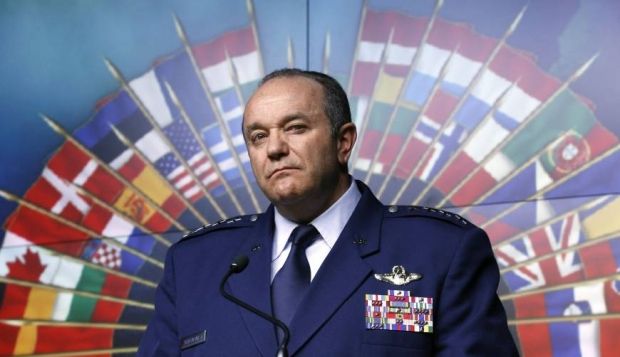
U.S. Defense Secretary Ash Carter, meanwhile, accused Russia of intimidating its immediate neighbors, and said he doubted whether Moscow was still committed to strategic stability on nuclear weapons, according to RFE/RL.
The comments by Carter and Breedlove, in testimony before two congressional committees on February 25, reflected the deepening concern and ongoing shift in thinking in Washington about how to respond to Russian moves in Europe and the Middle East, as noted in the report.
Breedlove has been one the most vocal critics of Russia among top U.S. military brass since Moscow annexed Ukraine's Crimea Peninsula in March 2014 and subsequently backed separatists fighting Kyiv's forces in eastern Ukraine, RFE/RL writes.
Breedlove told the U.S. House Armed Services Committee that Russia was seeking to "rewrite the agreed rules of the international order," and undermine unity in Europe.
"Russia has chosen to be an adversary and poses a long-term existential threat to the United States and to our European allies and partners," he told the committee, according to RFE/RL.
The United States and NATO has moved slowly to adjust to Russian actions, which have included increased bomber and fighter-jet flights near NATO members' borders, as well as the military deployment to Syria, Russia's largest in decades, the report notes.
The Pentagon's budget request for the coming fiscal year includes a $3.4 billion quadrupling of spending to bolster European defense. And NATO recently announced plans to begin rotating up to a brigade-sized, multinational force into some Eastern European and Baltic States, in an effort to reassure alliance members.

